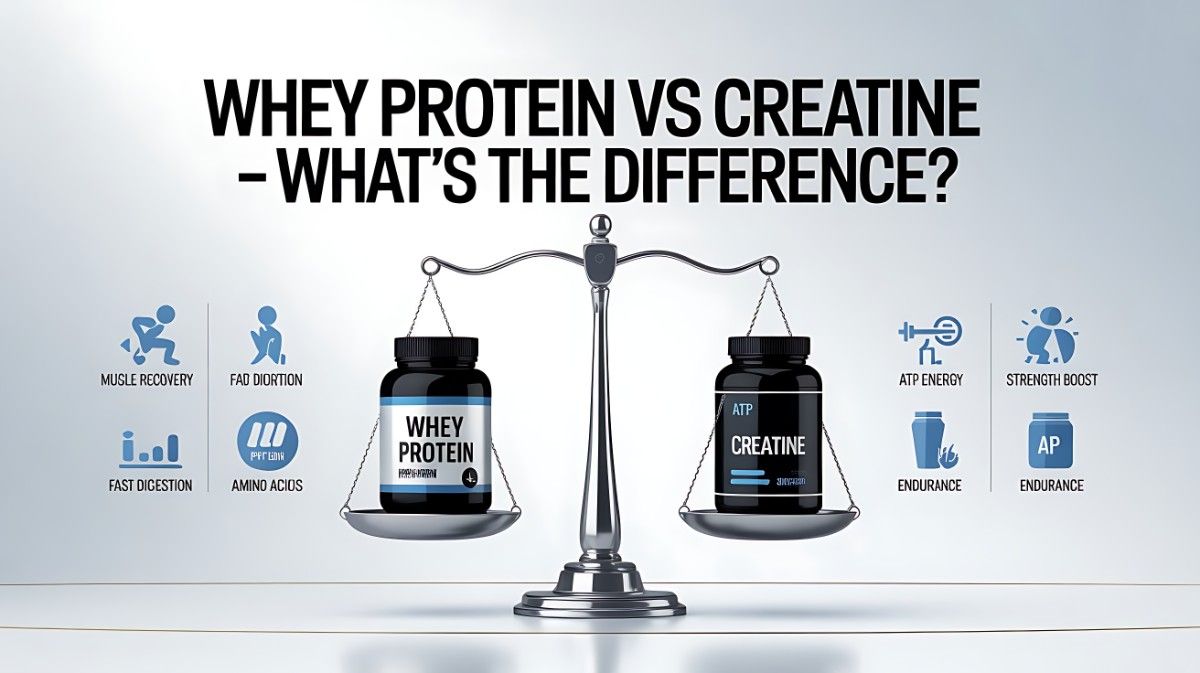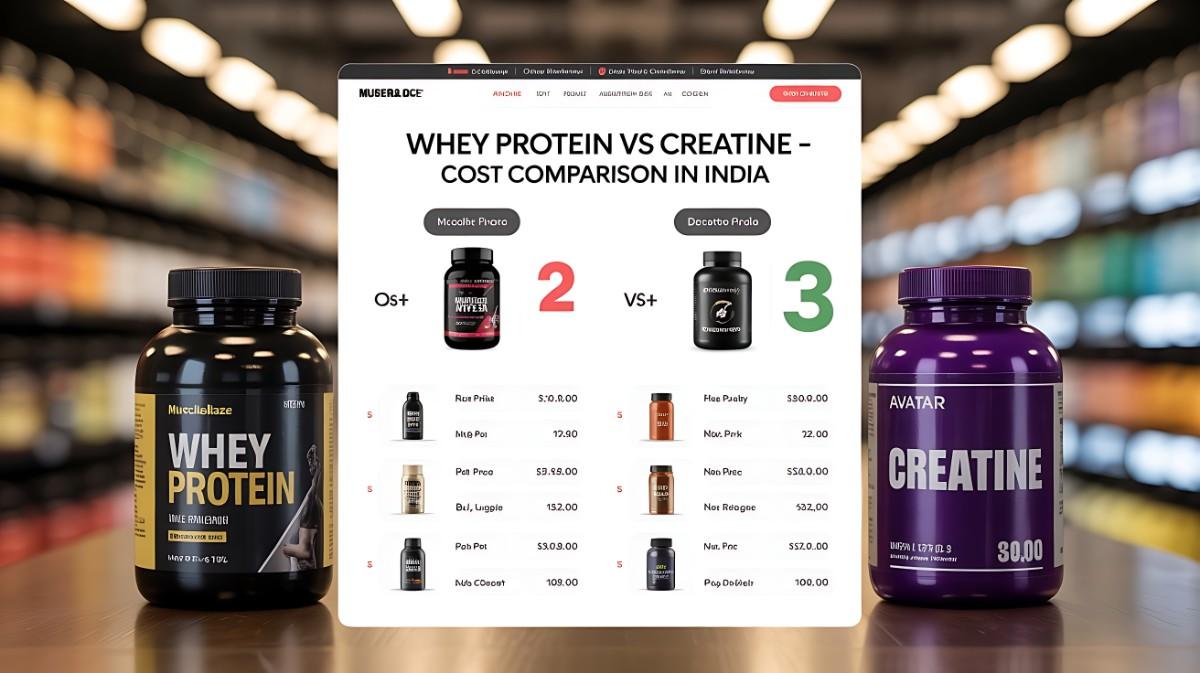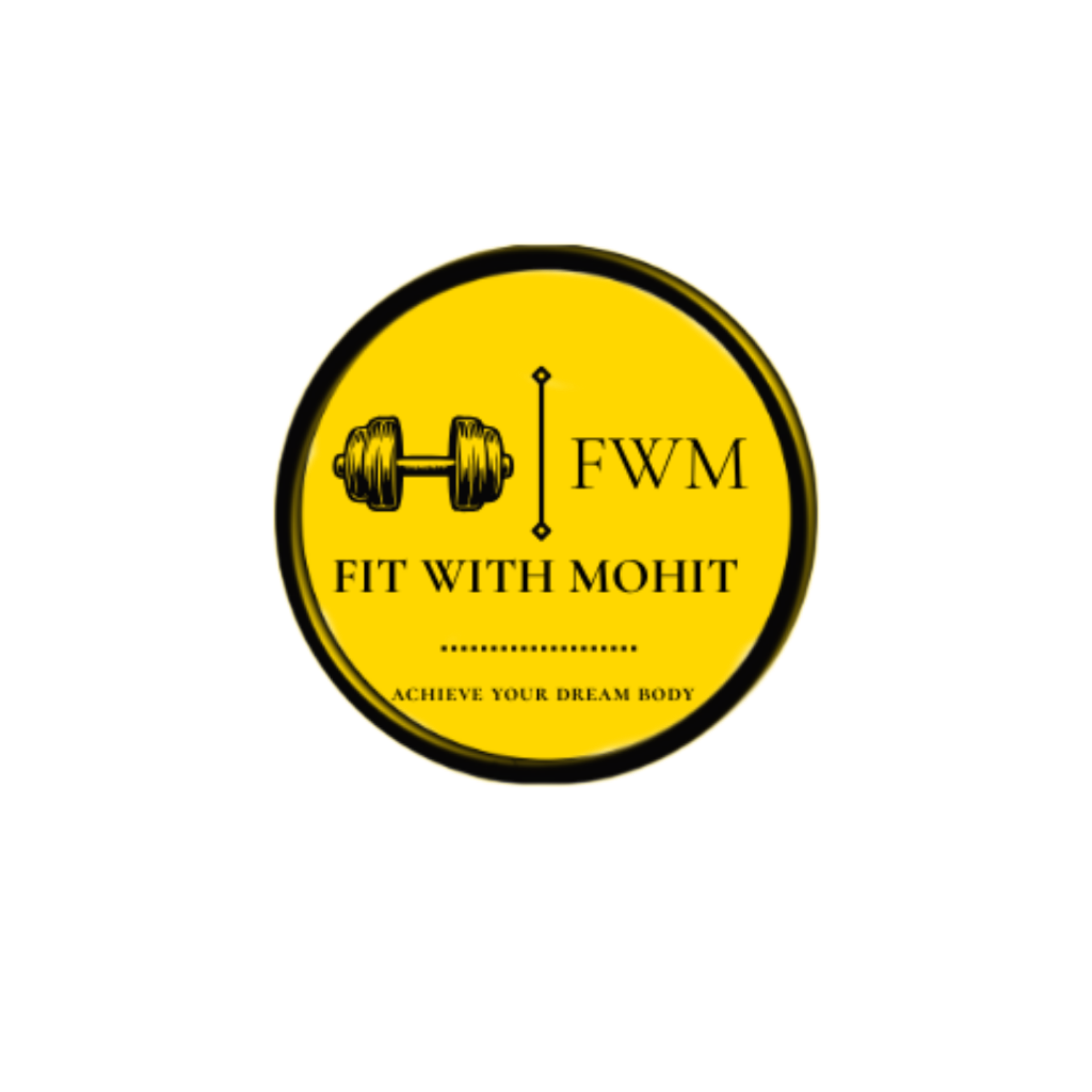Whey Protein vs Creatine: Which Is Better

Whey Protein vs Creatine: Which Is Better
If you’ve been hitting the gym or even thinking about starting your fitness journey, you’ve probably heard the debate: whey protein vs creatine – which is better? As a professional health & weight loss coach, and a competitive cricketer, I don’t just talk supplements — I live them. I’ve helped hundreds of clients transform their bodies with smart supplementation and structured diets. In this blog, I’ll give you a real-world, coach-level breakdown of one of the most common fitness debates:
Whey protein vs creatine – which is better?
No fluff. No confusion. Just honest, experience-backed insights to help you decide what suits your body and your goals.
🧠 What Is Whey Protein?

Whey protein is a natural, fast-digesting form of protein extracted from milk during the cheese-making process. It’s packed with essential amino acids — especially BCAAs — which your body uses to repair and rebuild muscle tissue after exercise.
There are three common types:
Whey Concentrate – cost-effective, slightly higher in carbs and fat
Whey Isolate – more refined, lower in lactose and fat
Whey Hydrolysate – partially broken down for faster digestion
Whey is an essential post-workout recovery tool — especially if your dietary protein intake is inconsistent. It’s highly bioavailable, easy to mix, and suitable for both beginners and advanced athletes.
Whey Protein vs Creatine: Which Is Better
⚡ What Is Creatine?
Creatine is a naturally occurring compound found in foods like red meat and fish, and synthesized by your body in small amounts. Supplementing with Creatine Monohydrate increases your muscles’ ability to produce ATP (adenosine triphosphate) – the energy source your body uses during high-intensity activities like lifting weights or sprinting.
Creatine doesn’t build muscle directly. Instead, it enhances your training performance — allowing you to train harder, lift heavier, and recover faster between sets. Over time, this leads to better muscle growth and strength.
🆚 Whey Protein vs Creatine for Muscle Gain
Let’s get real: both supplements help you gain muscle, but they do so in different ways.
Whey Protein helps with muscle recovery and rebuilding after workouts by providing amino acids.
Creatine helps with performance, giving you the energy to push harder and perform more reps.
So when someone asks “whey protein vs creatine which is better for muscle gain?” — the best answer is: both are better together. One fuels the workout; the other fuels the recovery.
Whey Protein vs Creatine: Which Is Better
🧃 Can I Take Whey and Creatine Together?

Absolutely — and in fact, it’s often ideal. They work synergistically.
You can mix both into a single shake after your workout. There’s no negative interaction, and both are absorbed efficiently when taken post-training, especially with carbs.
Whey → for muscle repair
Creatine → for strength output and energy
Taking both together helps you maximize results without overcomplicating your routine.
🩺 Side Effects – What’s Real and What’s Not?
Whey Protein vs Creatine: Which Is Better
Whey Protein Side Effects:
Bloating/gas if you’re lactose intolerant (use Isolate instead)
No harm to kidneys or liver unless you already have existing conditions
Quality matters: use trusted brands to avoid fillers or poor-quality blends
Creatine Side Effects:
Temporary water retention (inside the muscle, not under the skin)
Kidney damage? – Only a myth in healthy individuals. Creatine is one of the most researched supplements ever.
Stick to 3–5g daily, stay hydrated, and you’re safe.
Verdict? Both are safe, science-backed, and effective when taken properly.
🔥 Which Is Better for Fat Loss?
Whey Protein vs Creatine: Which Is Better
If you’re cutting or focusing on fat loss, here’s how both supplements help:
Whey Protein:
Helps preserve lean muscle during a calorie deficit
Keeps you fuller for longer, reducing cravings
Boosts metabolism by increasing protein intake
Creatine:
Preserves strength and training intensity during cuts
Keeps muscles looking full, not flat
Doesn’t promote fat storage or cause “bulkiness”
So when it comes to fat loss, whey helps directly, and creatine supports performance indirectly. Together, they’re powerful tools in your fat-loss toolkit.
🧪 Should Beginners Use Whey or Creatine First?
Whey Protein vs Creatine: Which Is Better
If you’re new to the gym, start with whey protein. It’s easy to digest, helps with soreness, and supports early muscle development.
Once your training is more structured (3–5x a week strength training), add creatine for performance enhancement.
Whey protein vs creatine which is better for beginners?
Start with whey. Add creatine once you’re consistent in your workouts.
Whey Protein vs Creatine: Which Is Better
💰 Cost Breakdown – Which Is More Affordable?

Here’s a basic comparison (2025 pricing in India):
| Supplement | Price (Average) | Servings | Cost Per Day |
|---|---|---|---|
| Whey Protein (1kg) | ₹1,500–₹3,000 | ~30 servings | ₹50–₹100 |
| Creatine (250g) | ₹600–₹1,200 | ~50 servings | ₹10–₹25 |
Creatine is cheaper per day and lasts longer.
Whey gives more nutrition (protein + calories + amino acids).
If budget is tight:
Choose creatine if your diet already includes protein
Choose whey if your protein intake is low or inconsistent
Whey Protein vs Creatine: Which Is Better
⏰ When Should You Take Whey Protein and Creatine?
Whey Protein:
Post-workout (ideal time)
Breakfast (especially if skipping meals)
Pre-bed (if you want slower recovery overnight)
Creatine:
Anytime (timing isn’t critical)
Consistency matters more than timing
Many take it post-workout with whey + carbs
Pro Tip: Mix both in your post-workout shake for ultimate recovery + performance.
⚠️ Who Should Avoid Whey or Creatine?
Whey Protein:
People with severe lactose intolerance or milk allergy
Use plant protein or whey isolate if needed
Creatine:
Those with existing kidney conditions
Always consult a doctor if you have chronic health issues
Women and vegetarians benefit even more from creatine due to lower dietary intake.
Whey Protein vs Creatine: Which Is Better
🧠 Final Verdict – So, Which One Is Better?

Let’s wrap it all up.
Want better recovery, less soreness, and fat-loss support? → Go for Whey Protein
Want more reps, strength, and power in the gym? → Go for Creatine
Want to level up overall fitness and get the most out of your training? → Use both
Instead of seeing it as whey protein vs creatine, start thinking of it as whey protein + creatine — a perfect duo for modern fitness goals.
🔗 Read Next:

Whey Protein vs Creatine: Which Is Better
➡️ High Protein Low Calorie Meals – Your Guide to Clean Eating That Fuels Results
Discover how to structure meals that match your supplement strategy for fat loss and muscle gain.
🙌 Need Help With Your Supplement Plan?
I help real people get real results through personalized coaching, fat-loss programs, and Indian diet solutions that work in the real world.
👉 Visit fitwithmohit.com
📲 Follow @fitwithmohit.ig
🎥 Learn more via YouTube: Eating With Mohit
You don’t need more confusion. You need clarity backed by results.

Great info well.done
thank you